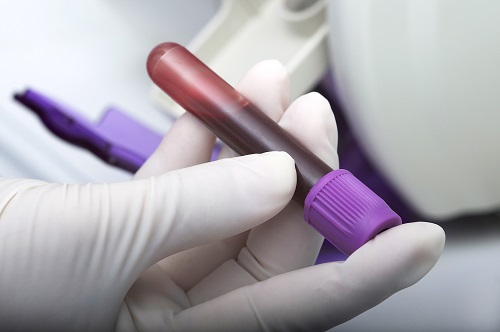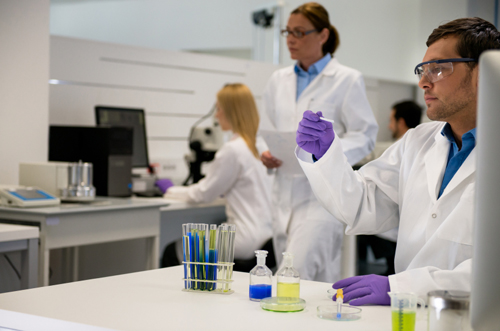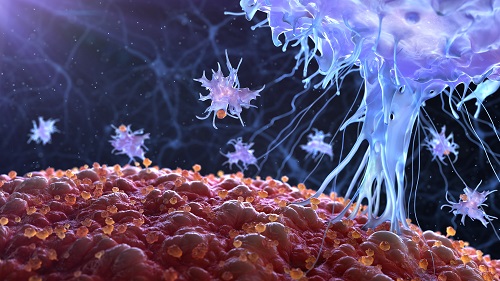April 19, 2018 (Medical News Today)
Presently in the United States, 1.6 million detected pulmonary nodules per year require further testing due to the difficult difference between malignant and benign tumors.
What is suggested to future detect cancerous cells?
Biopsies are advised but unfortunately invasive. Considering lungs are a fragile organ to undergo such invasive environments, Dr. Gerard Silvestri, of the Medical University of South Carolina in Charleston, conducted a study to explore a noninvasive method of determining whether lung nodules are benign or malign.
This study involved a blood test that has been effective in detecting the attendance of biomarkers, which will show how likely it is that the detected nodules are cancerous. Ultimately, the blood test’s purpose is to determine whether patients with lung nodules who have a low or moderate risk of lung cancer are likely to have developed harmless or malign tumors.
Key biomarkers that this test measures are the proteins LG3BP and C163A. These plasma concentrations are what predicts lung cancer. However, if the test results are negative and a lung cancer chance of under 50 percent, the possibility of cancer is now reduced. “The biomarker is a tool, to help calculate the general risk of cancer and present a patient with recommendations and options. It can push people out of indeterminate risk and into low-risk — without having to undergo invasive and potential risky procedures” Dr. Gerard Silvestri states.
Furthermore, the results have indicated that the blood test is 98 percent effective in ruling out the likelihood of lung cancer. Nevertheless, for added clarity, patients with negative results, and thus with a low likelihood of malign tumors, will still be monitored periodically.
Learn more about this blood test here.















Leave a Reply